Illinois Senate wears pink for breast cancer awareness
- Details
SPRINGFIELD – Members of the Illinois Senate observed Wear Pink Day at the Capitol Wednesday to raise breast cancer awareness and encourage early detection.
“I was diagnosed about four years ago and went through chemotherapy, a mastectomy, radiation, and now ongoing preventative treatment. Raising awareness about breast cancer has become very important to me,” said Ellman (D-Naperville). “I found comfort in hearing from women I know and admire —many of whom have walked this same path — and in knowing that I wasn’t alone. If you have recently been diagnosed or are awaiting results, know that you are not alone, there is help available and you will get through this.”
Read more: Illinois Senate wears pink for breast cancer awareness
Illinois Senate Democratic Caucus files comprehensive civil rights legislation in response to ICE activities
- Details
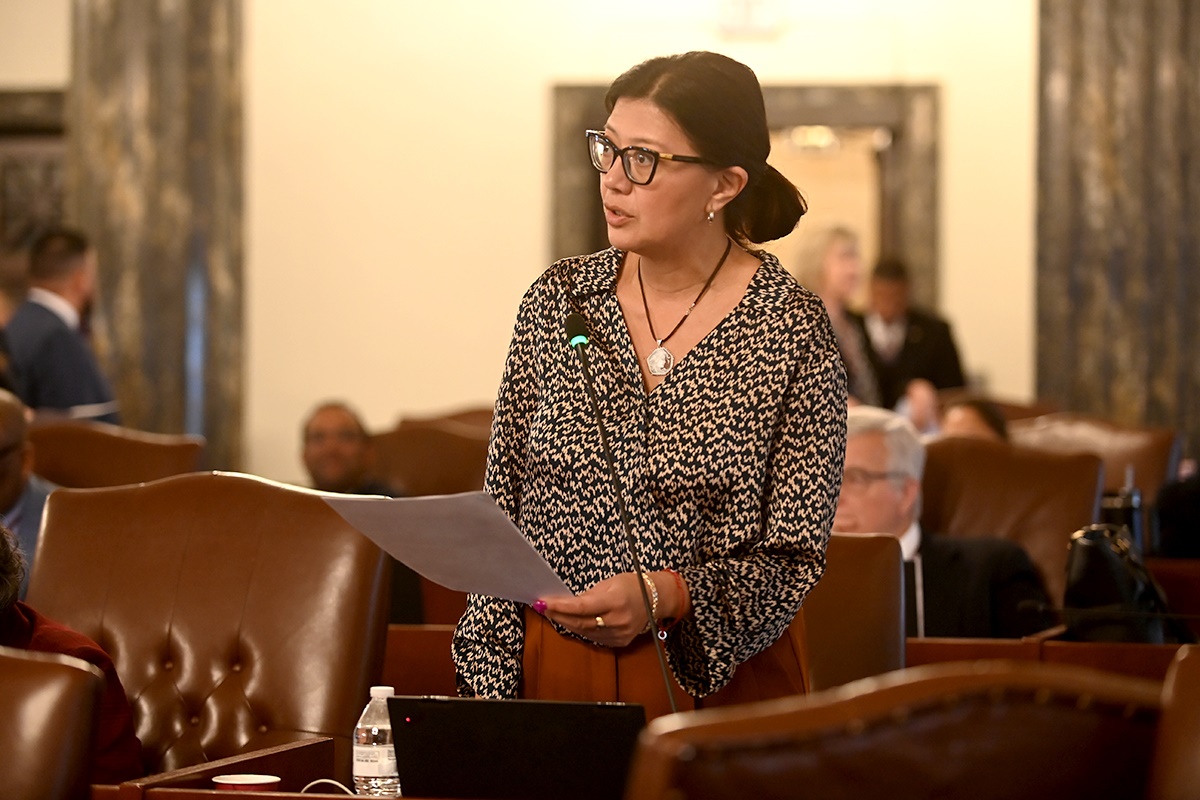
SPRINGFIELD – Members of the Illinois Senate Democratic Caucus filed landmark legislation designed to protect Illinois residents' constitutional rights and ensure safe access to critical public services amid heightened federal immigration enforcement activities in Chicago and across the state.
The legislation comes in response to reports of aggressive federal immigration enforcement tactics in Chicago and other Illinois communities that have raised concerns about constitutional rights violations and the chilling effect on access to essential services.
House Bill 1312, sponsored by Senate President Don Harmon, would allow Illinois residents to bring civil actions against any person who deprives them of their constitutional rights under the Fourth Amendment of the United States Constitution, or Section 2 or Section 6 of Article 1 of the Illinois Constitution.
Hastings announces legislation to ensure fair homeowners insurance rates for Illinois families
- Details
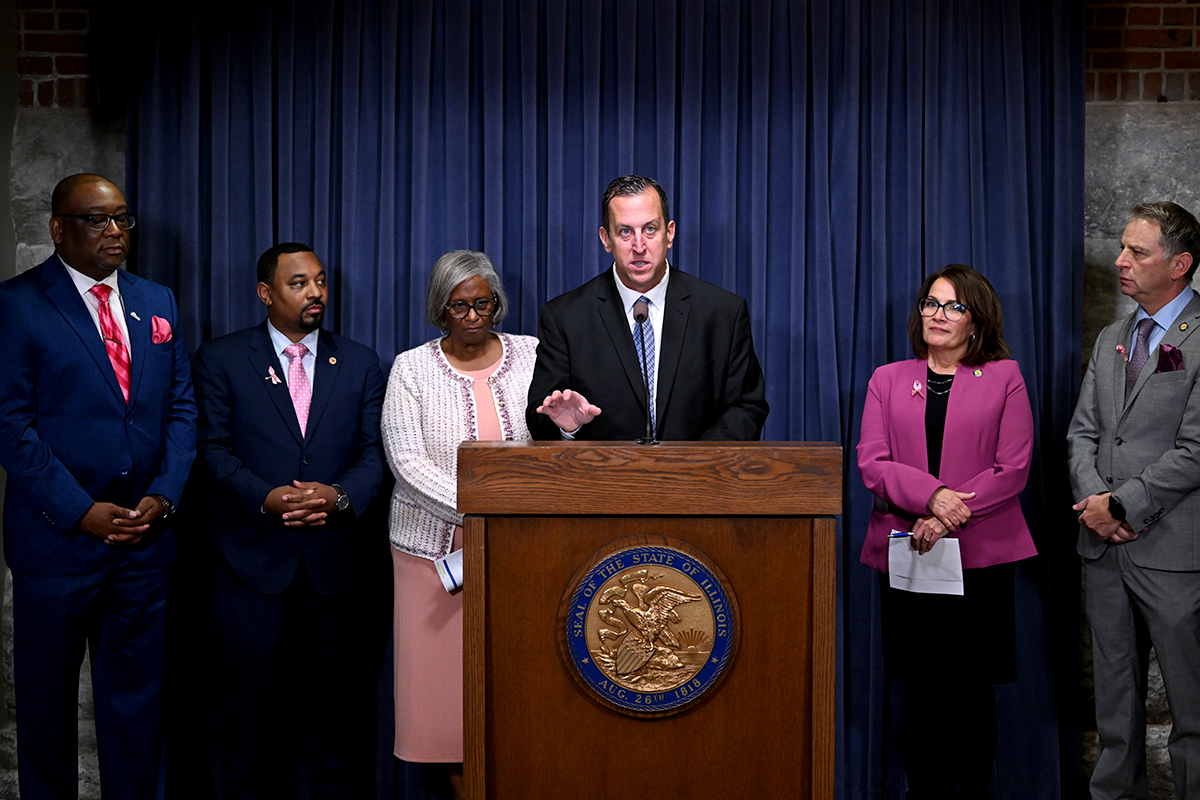
SPRINGFIELD — State Senator Michael E. Hastings was joined at a press conference Wednesday by Senators Willie Preston, Paul Faraci, Meg Loughran Cappel, Christopher Belt and Doris Turner to announce new legislation designed to protect homeowners from excessive insurance rate increases and ensure fairness, transparency and accountability in Illinois homeowners insurance.
"When you open that renewal notice from your insurance company and your premium has gone up 30% or more, it is like stepping on a Lego at six in the morning — you didn’t do anything wrong, but you are definitely feeling it," said Hastings (D-Frankfort). "Across Illinois, homeowners insurance premiums have jumped 20% to 30% over the past year. Our neighbors are asking themselves, 'What did I do to cause this? I did not file a claim. I did not move. I did not change a thing, but my rates still went up.' And they are right to ask that question.”
Koehler brings $10 million to local roads, highlights safety and congestion benefits
- Details
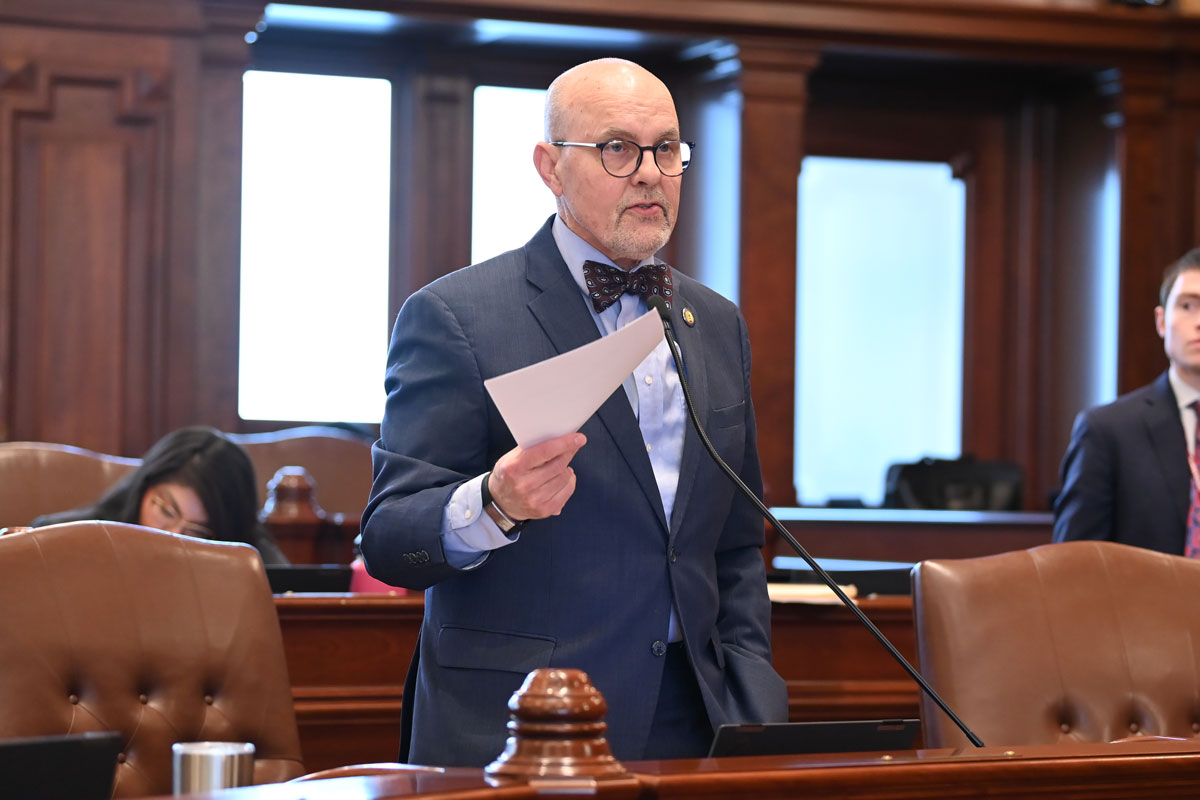 PEORIA — State Senator Dave Koehler helped secure a $10 million commitment to reconstruct and modernize Sheridan Road, as part of a larger round of projects funded through the state’s multi-year transportation program.
PEORIA — State Senator Dave Koehler helped secure a $10 million commitment to reconstruct and modernize Sheridan Road, as part of a larger round of projects funded through the state’s multi-year transportation program.
“The investment in modernizing Sheridan Road will enhance the lives of residents and visitors alike, as every mile of road we repair contributes to the longevity of Illinois’ transportation,” said Koehler (D-Peoria). “This project will connect residents to jobs, schools, and businesses, while improving the interconnectivity of our state.”
Read more: Koehler brings $10 million to local roads, highlights safety and congestion benefits
More Articles …
Page 18 of 743

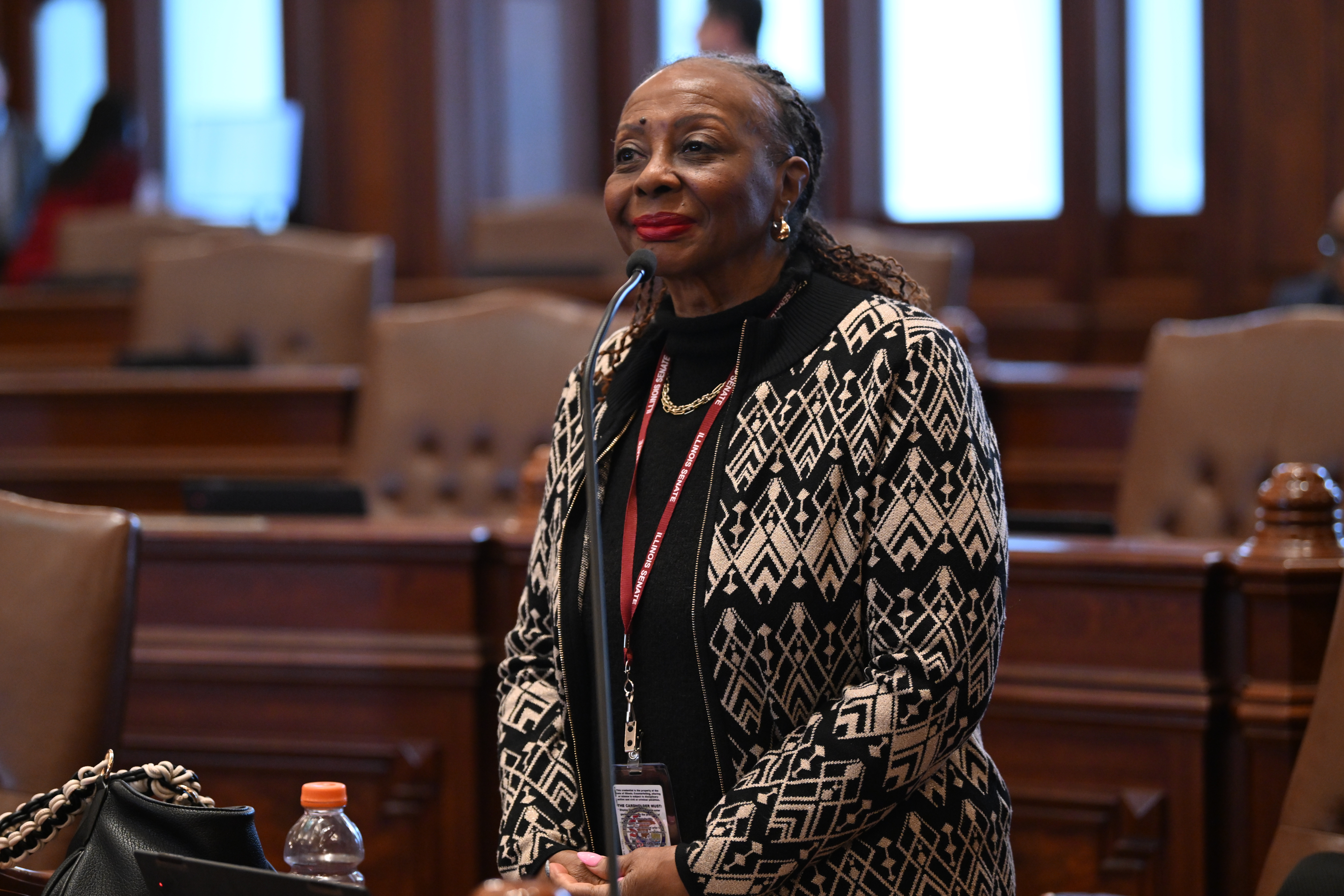
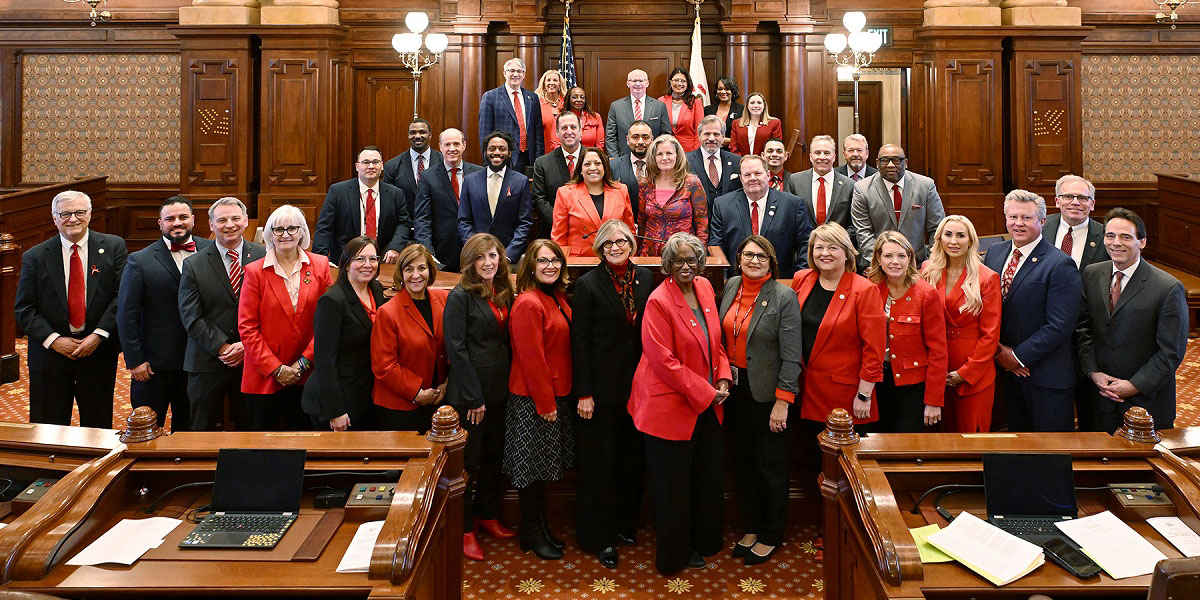
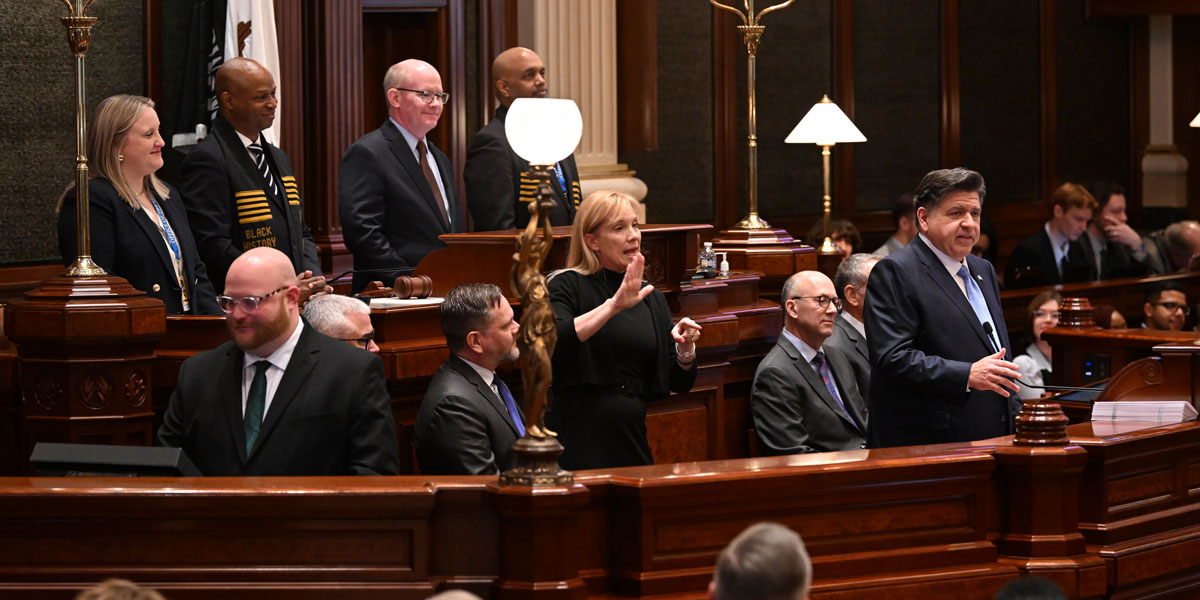

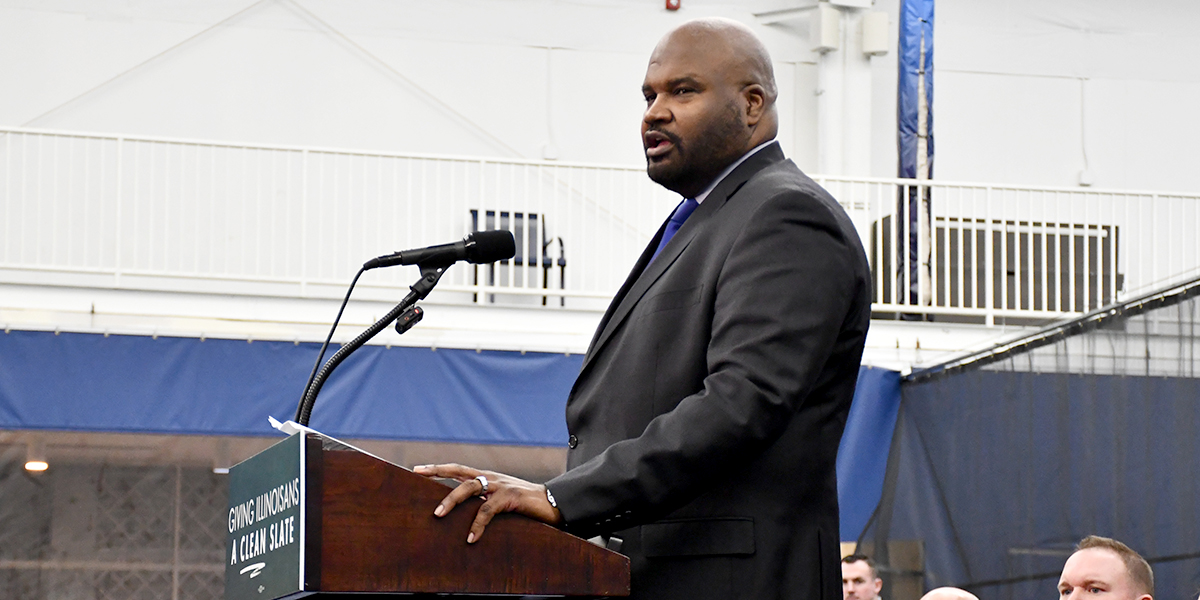
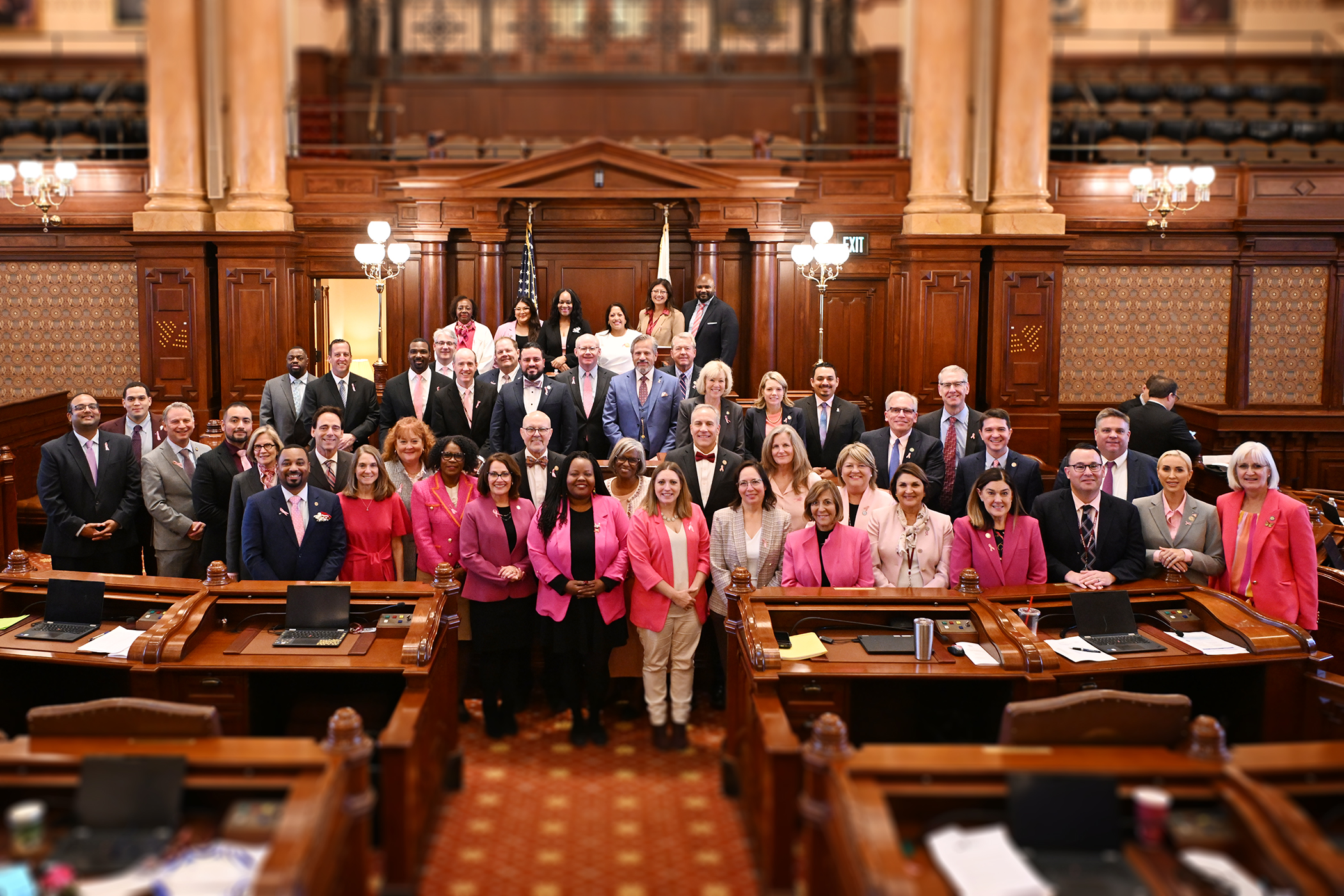


















 © 2026 Illinois Senate Democratic Caucus
© 2026 Illinois Senate Democratic Caucus